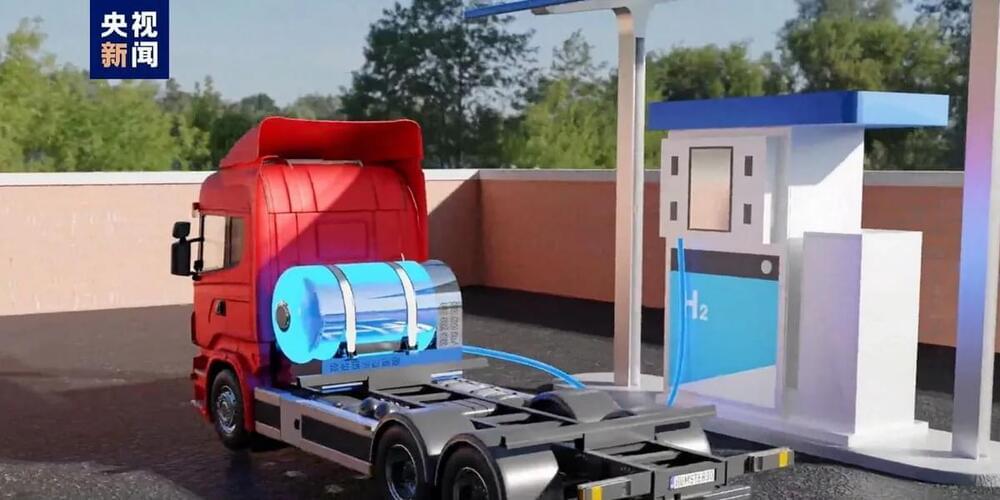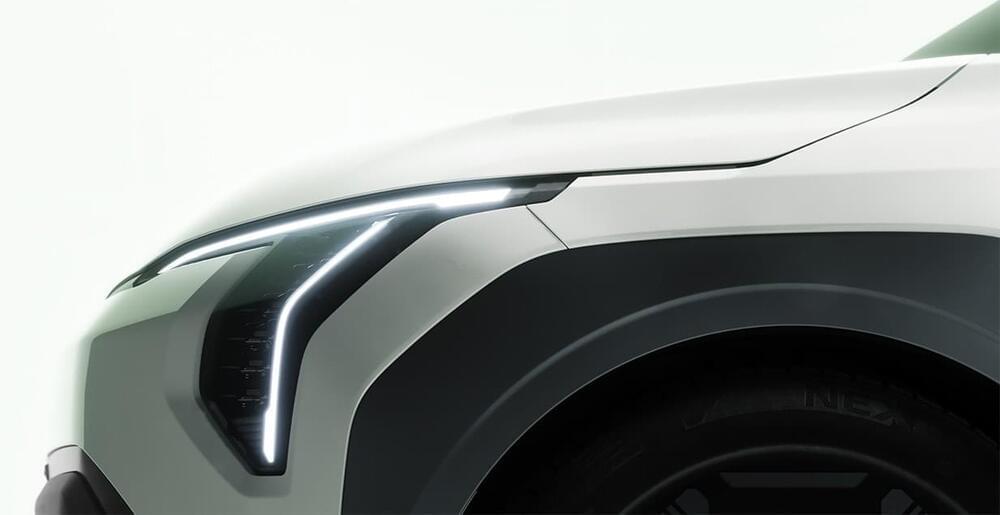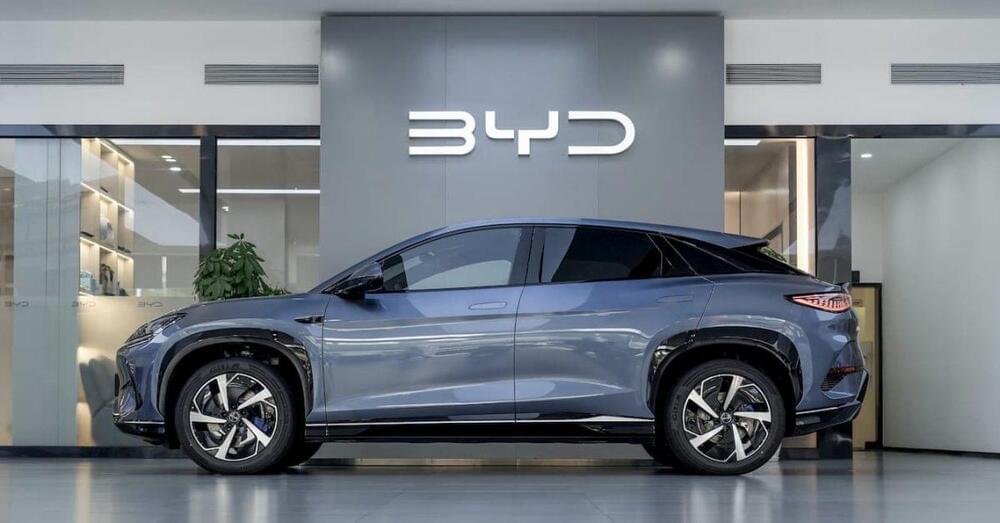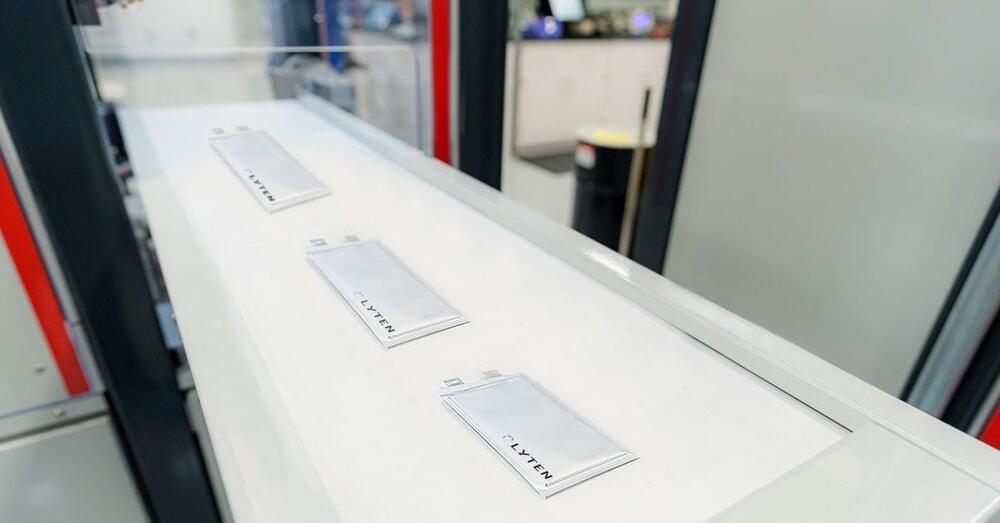State-owned China Aerospace and Technology Corporation says the new technology meets international standards.





BYD officially launched its new Sea Lion 7, a mid-size smart electric SUV poised to rival Tesla’s top-selling Model Y. Starting at 189,800 yuan ($26,250), the BYD Sea Lion 7 is the first EV based on its new e-Platform 3.0 Evo.
After unveiling the Sea Lion 07 at the Guangzhou Auto Show in November, BYD officially launched the new electric SUV last week.
BYD said it was its first “medium-sized urban smart electric SUV.” It’s also the first EV based on BYD’s new e-Platform 3.0 Evo. The new EV platform is an upgrade from the e-Platform 3.0 with improved charging and powertrain capability.

Toyota is aiming to start producing electric vehicle (EV) batteries next year at its upcoming factory in North Carolina, set to eventually build battery packs for the company’s hybrids, plugin hybrids and EVs.
After increasing its investment into the plant to $13.9 billion total last year, Toyota has continued to make progress on construction at the site since it broke ground in the latter part of 2022.
Toyota chairman predicts EVs will only reach 30 percent market share

In a milestone, supermaterials trailblazer Lyten has shipped lithium-sulfur (Li-S) batteries to Stellantis and other US and EU OEMs for testing.
Lyten’s shipment of A samples of its 6.5 Ah Li-S pouch cells is the first major step in the commercial evaluation of lithium-sulfur batteries by leading US and European automakers. Stellantis announced that it had invested in Lyten’s lithium-sulfur battery development in May 2023.
“This milestone is the result of years of dedicated work and innovation from the Lyten team, and we are just at the start of further expanding the capabilities of our lithium-sulfur battery cells,” said Lyten CEO and cofounder Dan Cook.

Tesla is planning to remove the steering wheel nag, which alerts drivers to apply torque on the steering wheel, with a new Supervised Full Self-Driving (FSD) update coming next week.
Yesterday, we reported on CEO Elon Musk giving an outline of the upcoming FSD software updates.
The CEO says that Tesla is preparing to launch fully retrained models in FSD v12.4 as soon as next week.

A recent study revealed that when individuals are given two solutions to a moral dilemma, the majority tend to prefer the answer provided by artificial intelligence (AI) over that given by another human.
The recent study, which was conducted by Eyal Aharoni, an associate professor in Georgia State’s Psychology Department, was inspired by the explosion of ChatGPT and similar AI large language models (LLMs) which came onto the scene last March.
“I was already interested in moral decision-making in the legal system, but I wondered if ChatGPT and other LLMs could have something to say about that,” Aharoni said. “People will interact with these tools in ways that have moral implications, like the environmental implications of asking for a list of recommendations for a new car. Some lawyers have already begun consulting these technologies for their cases, for better or for worse. So, if we want to use these tools, we should understand how they operate, their limitations, and that they’re not necessarily operating in the way we think when we’re interacting with them.”

